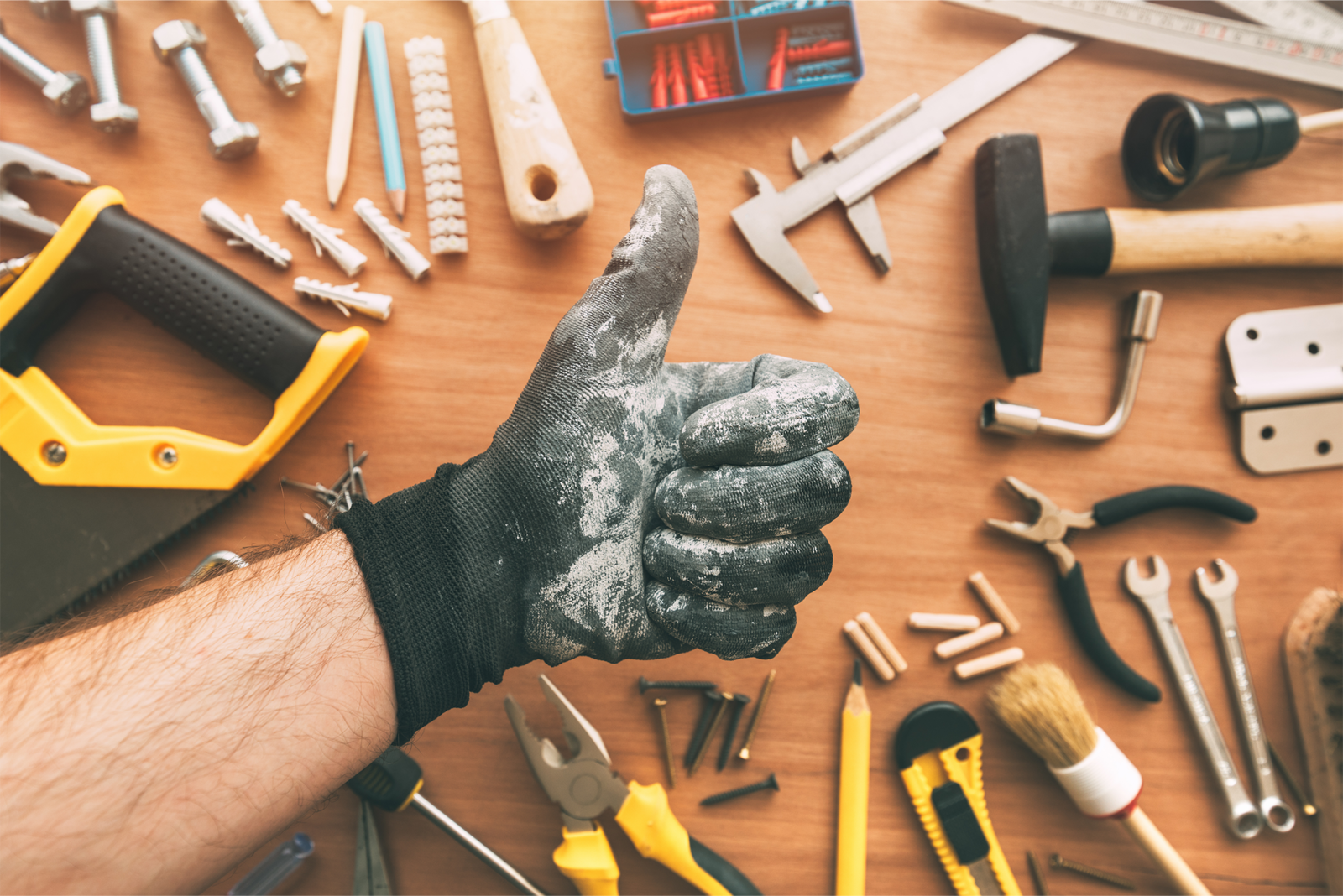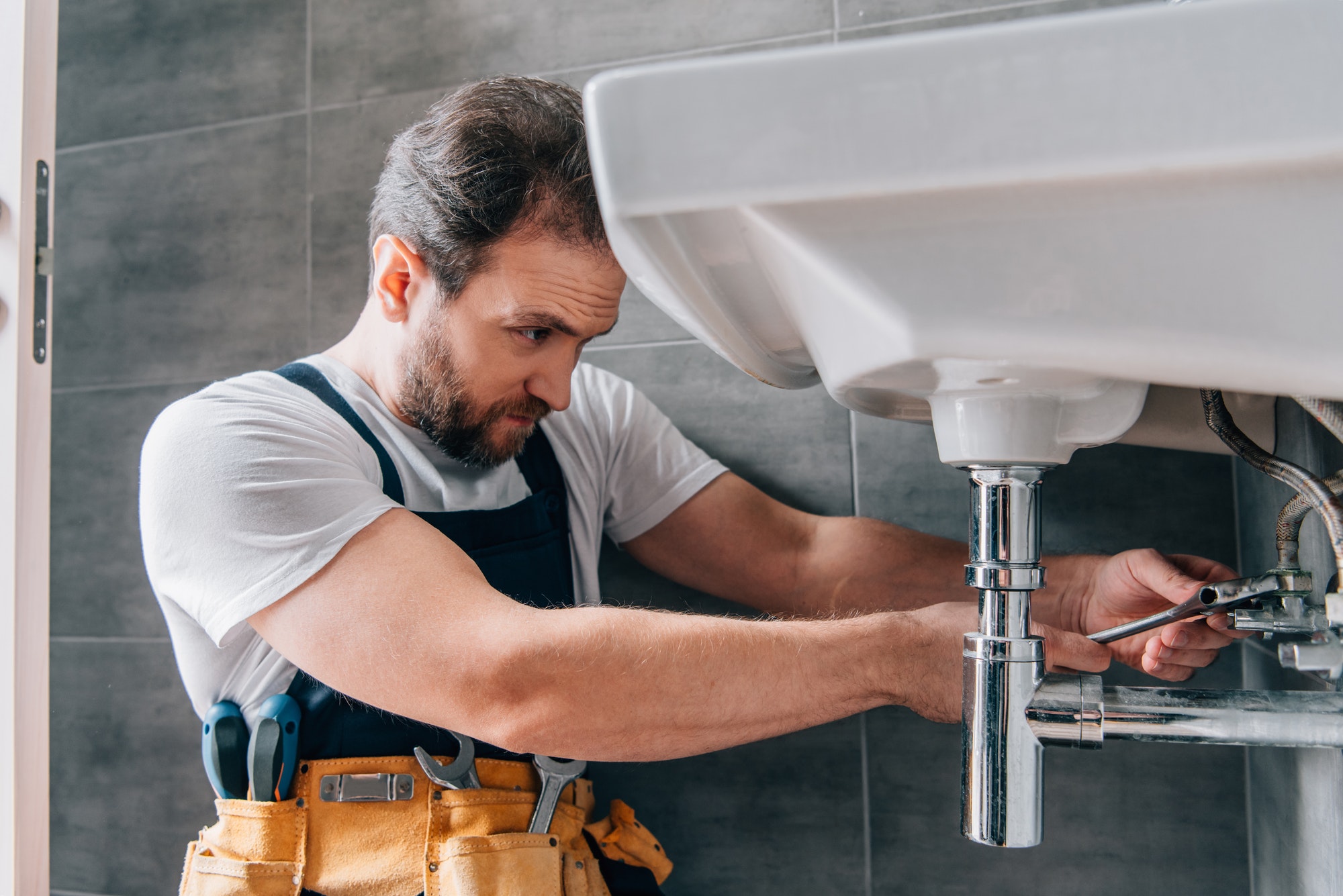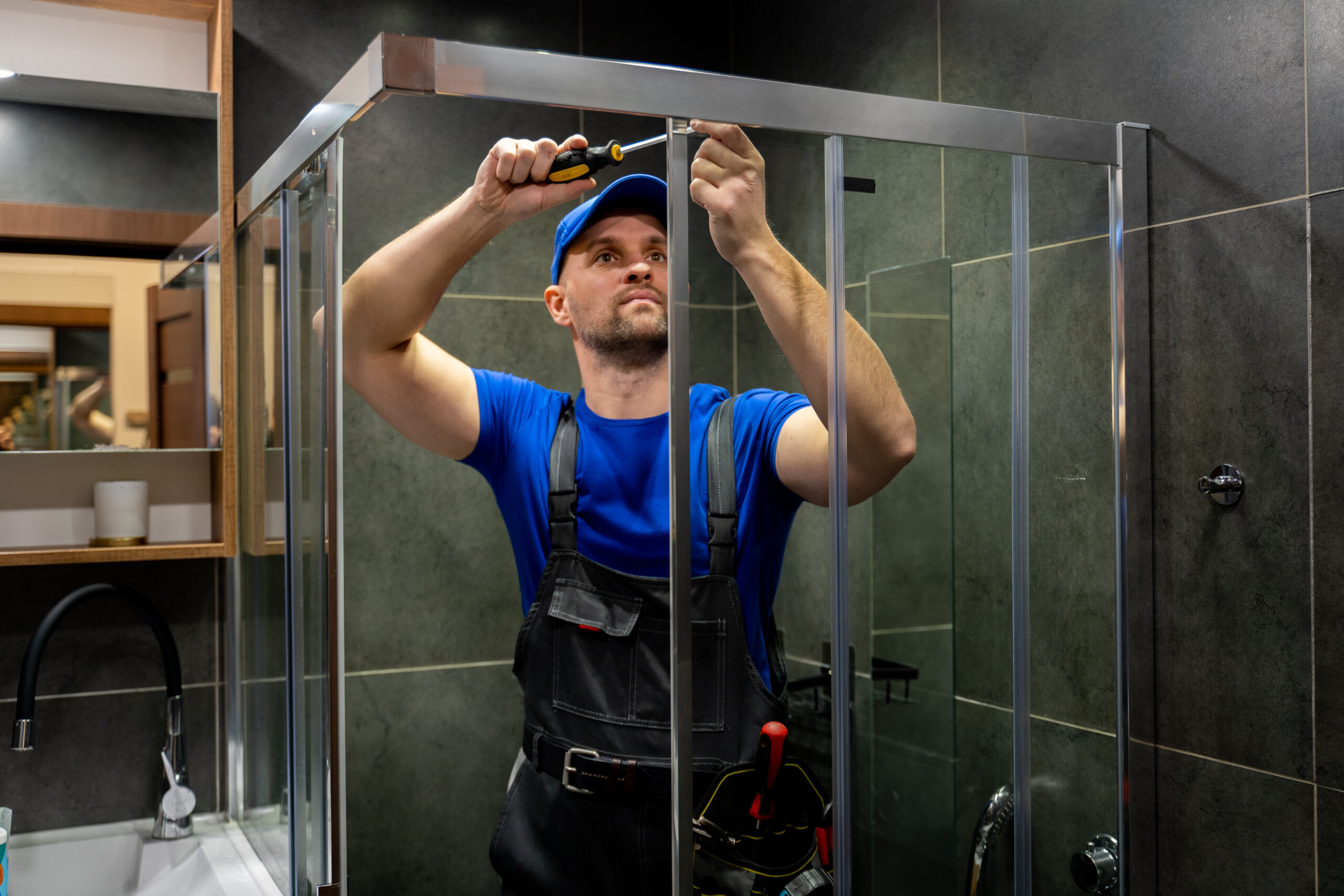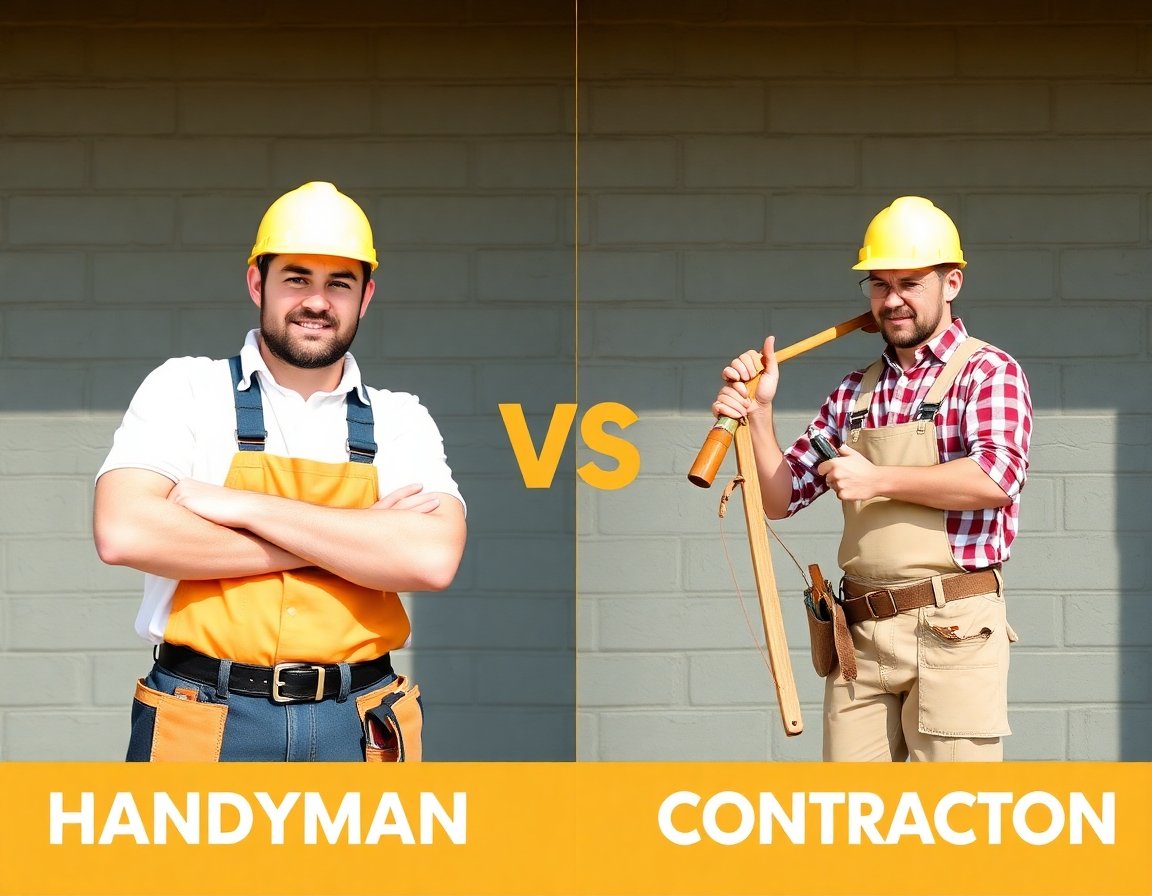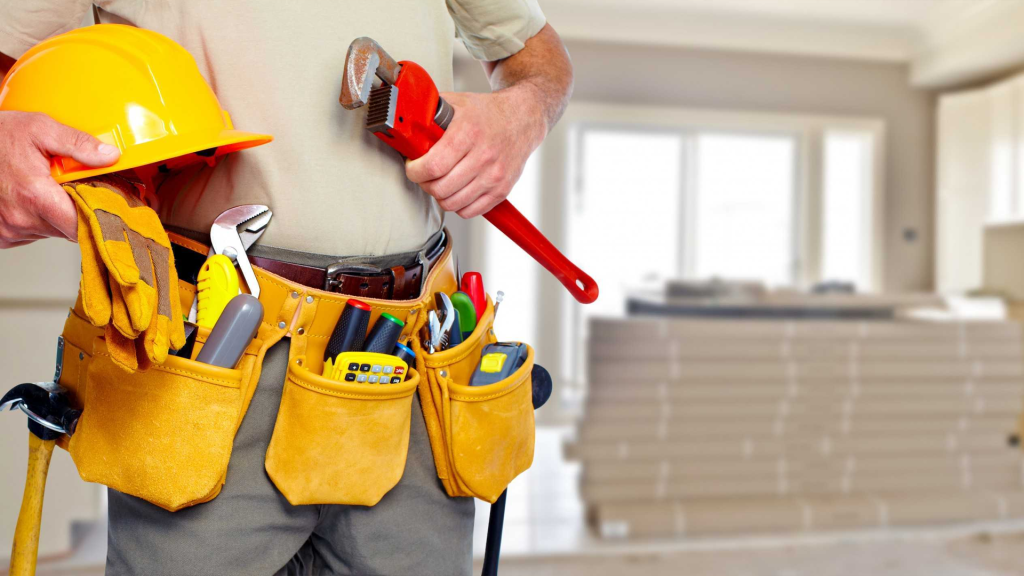10 Common Home Repairs You Should Leave to a Handyman
Let’s be honest. We all like to think we are handy around the house. But when was the last time you tried fixing something and ended up making it worse? That is why knowing the list of typical handyman services is more than just nice to know, it is essential. Sure, you could attempt a quick DIY, but not every job is a DIY task. Sometimes, calling a professional is the smartest choice for your wallet, safety, and sanity.
So, what are the common handyman tasks that a handyman can do for you? Let’s take a look at the most requested handyman services that every homeowner should consider leaving to a professional handyman. These tasks require experience, tools, and patience. The small mistakes you avoid today will save you a mountain of frustration tomorrow.
Electrical Repairs
Even if it is “just a light switch,” DIY electrical work is risky. Ever tried fiddling with wires and nearly shocked yourself? That is why “can a handyman do electrical work?” is a question we hear a lot. The answer is yes, if your handyman is trained. They can handle electrical repairs, install ceiling fans, swap out old fixtures, and manage switchboard wiring safely. Trying this yourself might save a few bucks today but could cost you a lot tomorrow in warranty protection and safety issues.
Plumbing Leaks and Repairs
A dripping faucet may seem harmless until it turns into a water damage prevention nightmare. If you’ve ever asked yourself, “Can a handyman do plumbing?” The answer is “yes”. A trained handyman can handle plumbing repairs, clogged drains, under-sink leak repair, and even fix a leaking toilet. They have the specialized tools and skills to stop small leaks before they become major structural problems. That is what makes professional plumbing less stressful.
Drywall Repairs
Tiny dents in drywall may appear simple, but getting a smooth, paint-ready finish is not. Your local handyman can manage drywall repair with precision, sanding, and finishing to restore your walls. Skipping this and doing it yourself often leads to visible seams and extra work. Knowing what can a handyman do without a license ensures you hire someone who knows how to patch up your wall without creating more work for you.
Appliance Repairs
Installing or fixing appliances like dishwashers or washing machines may seem plug-and-play. But anyone who has tried a washing machine repair knows it involves electrical, drainage, and water connections. A professional handyman handles appliance hookups correctly and prevents voiding warranties. So why risk a flood or a broken appliance when a simple call solves it all?
Tile and Grout Work
Ever tried fixing tile yourself and ended up with crooked lines? Exactly. That is why this is not a simple handyman job. Replacing broken tiles or repairing grout is another task better left to the experts. Poor installation can ruin the floor or wall appearance. A handyman skilled in tile installation and tile and grout work uses the right materials and precision. Your floors or bathrooms will look professional and last longer.
Furniture Assembly
Some furniture looks easy on the box, but those IKEA wardrobes or modular shelves can be a nightmare. Professional handyman services save you hours of confusion with furniture assembly. These trained experts know the tricks to get everything safe, stable, and level. No more wobbly shelves or missing screws. That is a real time-saving benefit.
Door and Window Repairs
Squeaky doors, misaligned windows, or drafty entryways are common headaches that homeowners complain about. A handyman is trained to do door repairs, door replacement, window repair, or even new window installation, all without breaking a sweat. They handle locks, hinges, and weatherproofing so your home is not only secure but also energy-efficient. Trying this yourself often leads to more frustration and less energy efficiency down the line.
Painting and Wall Repairs
Painting may look easy, but achieving an even, flawless finish is not. A handyman handles painting, wall prep, minor wall repairs, and touch-ups with the right technique. They ensure surfaces are smooth, clean, and ready to impress. Your walls will look like new without the stress of uneven lines or dripping paint. It is one of those common handyman tasks that is best left to the professionals.
Hanging Fixtures and Wall Mounting
Mounting TVs, shelves, or heavy decor is about more than just looks. Incorrect mounting can ruin walls or even cause personal injury. Not something you would want to try, right? A handyman skilled in mounting TVs, and mounting shelves]ensures everything is safe, level, and secure. Why risk a cracked wall or falling shelf when a professional handyman can handle it in minutes?
Routine Maintenance Tasks
Most homeowners forget the small, preventive tasks that keep a house running smoothly. From seasonal filter cleaning to caulking, gutter cleaning, gutter repair, or minor deck repair, a handyman handles it all. These services save money, improve structural integrity, and reduce stress. Maintenance packages from a handyman are perfect for preventive maintenance that keeps your home safe and functional year after year.
When to Call a Handyman
So, when should you stop DIY and call a handyman? If you are unsure of your skills, lack specialized tools, or risk safety, it is time. Knowing different types of handyman services gives you clarity and peace of mind knowing the job is handled by someone who does it right. Small repairs, short fix, or long fix projects all benefit from professional assistance. Hiring a handyman is not just about time-saving, it reduces cost savings and ensures safety compliance, allowing you to handle home repairs more efficiently.
How Much Does It Cost to Hire a Handyman
It is common for homeowners to ask, “How much does a handyman charge per hour?” The truth is, the price varies depending on the task and duration. On average, it often ranges from $50 to $100 per hour for most small to medium jobs, while flat fees for specific tasks like mounting TVs, appliance hookups, or furniture assembly can range from $75 to $250 depending on complexity. A licensed handyman brings experience along with the right tools and know-how to get the job done correctly. Many also offer maintenance packages that bundle multiple services, providing long-term cost savings and extra peace of mind.
Conclusion
So, the next time you see a leaky faucet, a crooked shelf, or a patchy wall, think twice before reaching for your toolkit. A professional handyman ensures home improvement is stress-free, safe, and done right the first time.
If you need a reliable handyman, we at Santino’s A+ Handyman Service provide the best handyman services for all your home repair needs. From small fixes to larger projects, our team has the skills, the required handyman experience, and the right tools to get the job done efficiently and professionally.
For more information or to get a quote, visit us at https://santinosaplushandymanservice.com/ and take the first step toward hassle-free home repairs today.
People Also Ask
A handyman covers plumbing repairs, electrical repairs, drywall repair, painting, furniture assembly, appliance hookups, wall mounting, deck repair, and general home repairs.
For small or routine jobs, a professional handyman is cost-effective and efficient. Larger tasks like major electrical or plumbing work may require licensed specialists.
Look for a licensed handyman, check reviews, ask for references, and ensure they have specialized tools to handle the job safely and efficiently.

